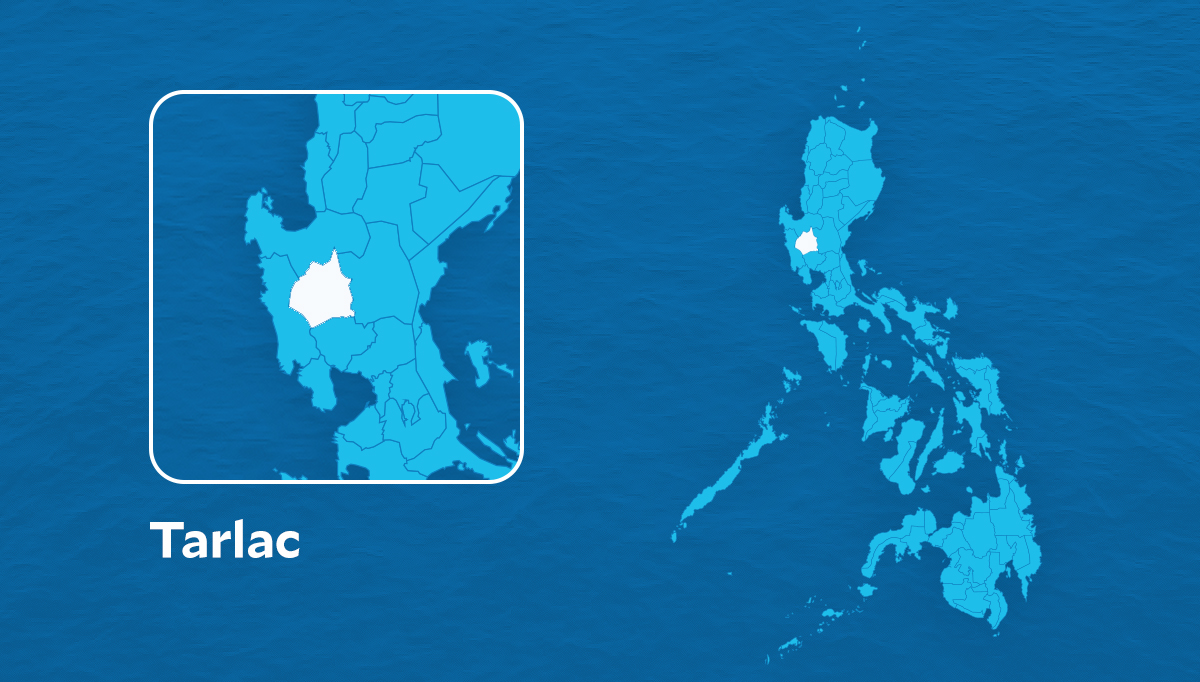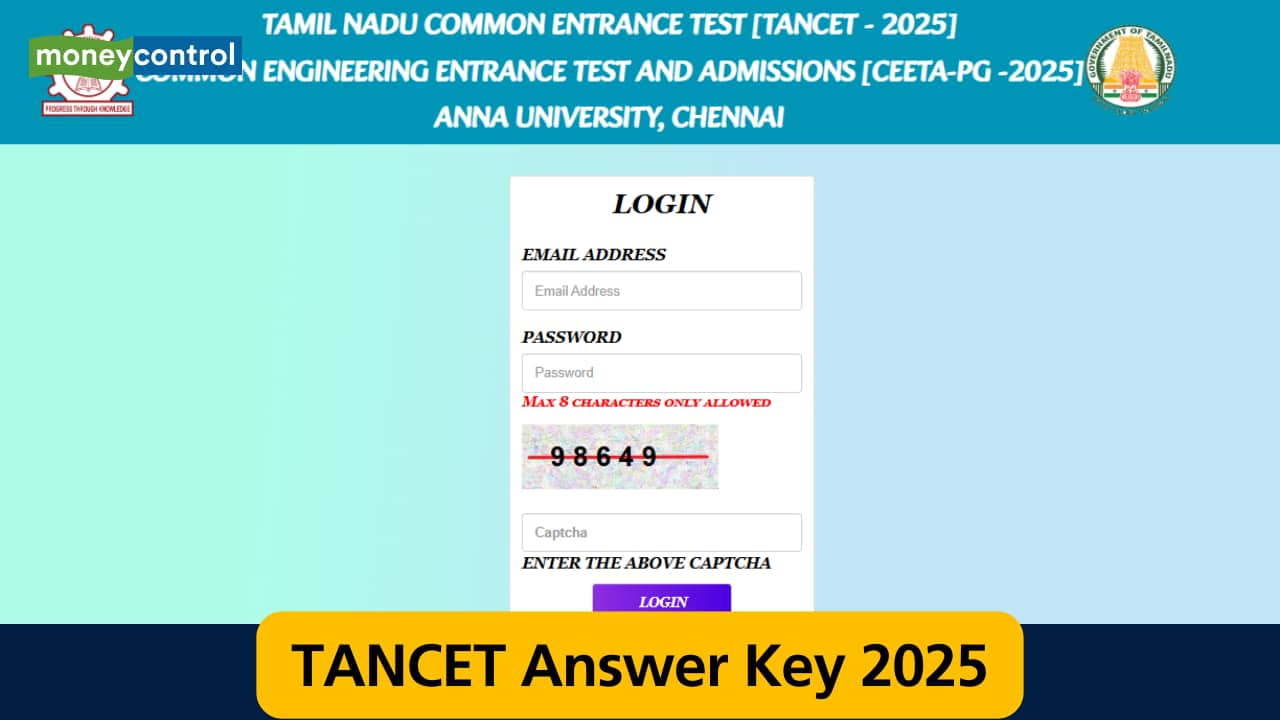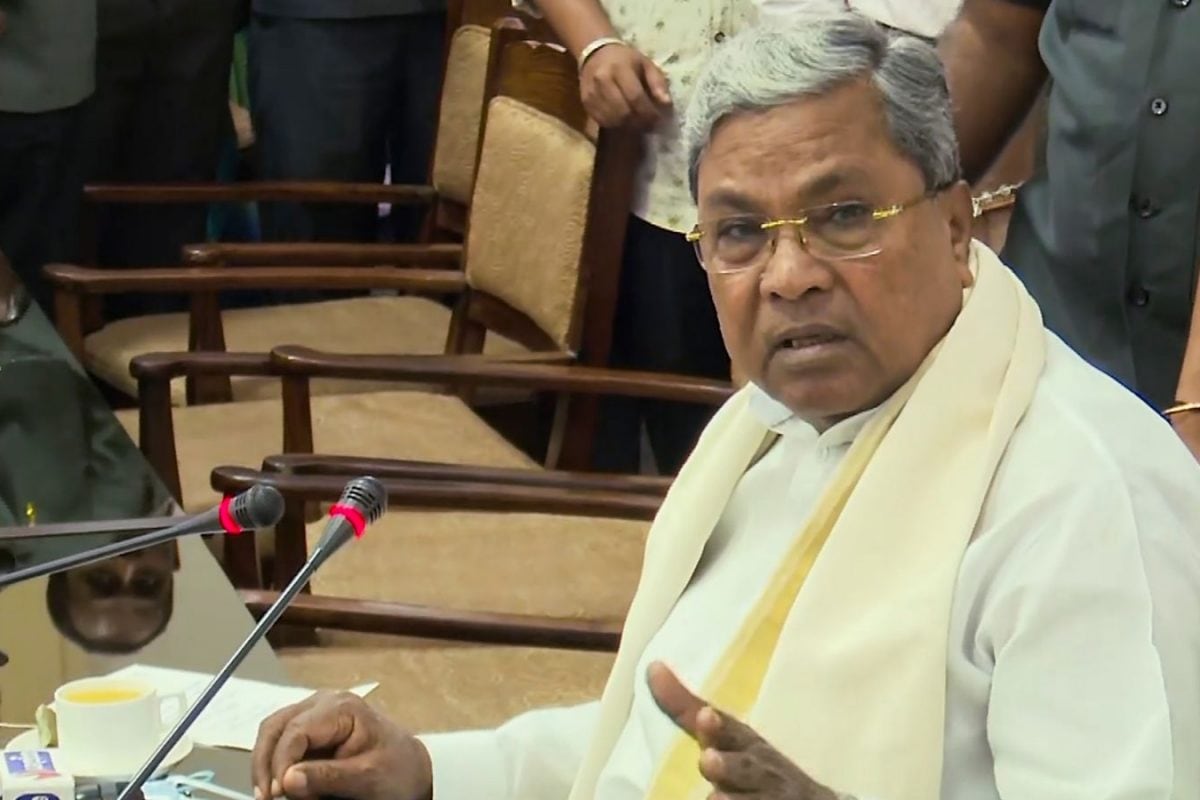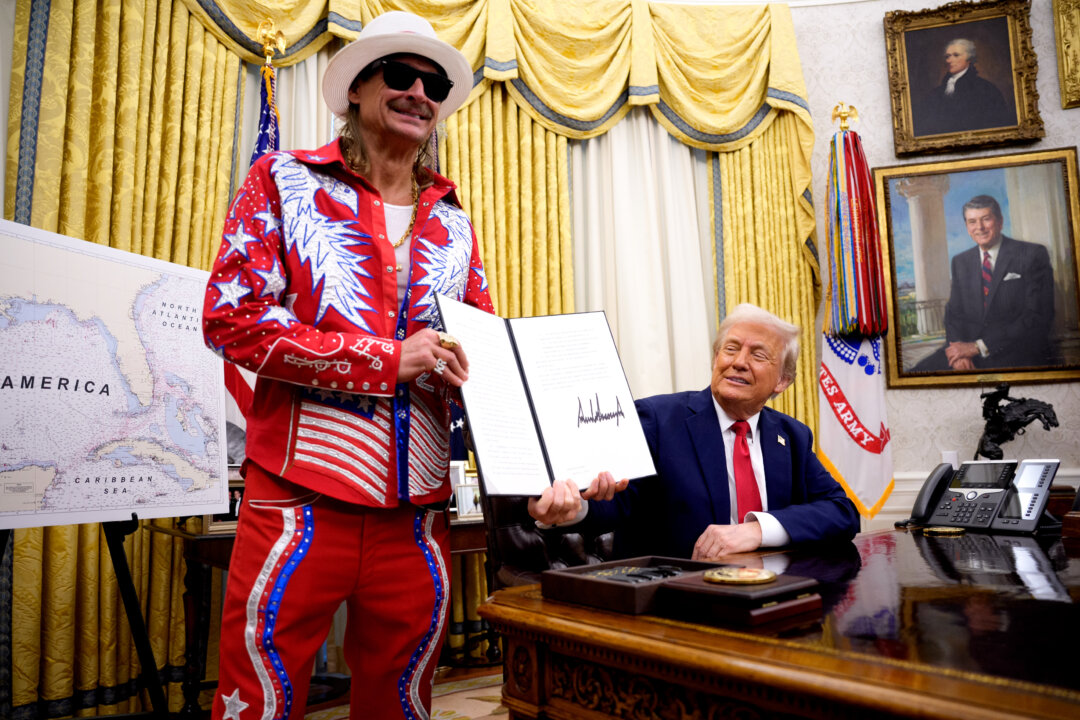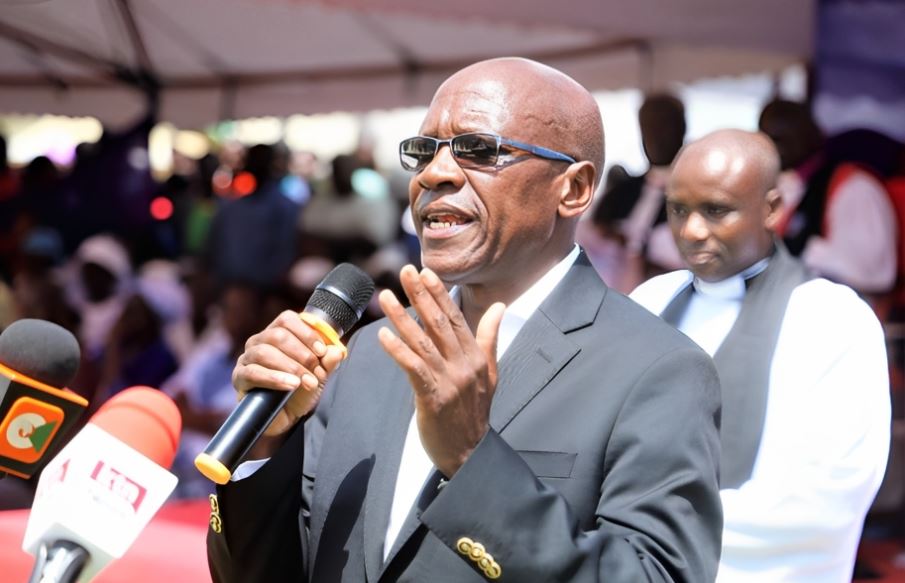
In an era where Pakistan’s economic and industrial progress hinges on technological advancements, collaborations such as the one with Denmark’s FLSmidth are a step in the right direction. The initiative to train 100 Pakistani engineers in modern mining technology is not just about skill development—it is about fostering a culture of knowledge exchange that Pakistan desperately needs. For a country rich in mineral resources but often constrained by outdated extraction techniques and inefficiencies, this transfer of expertise is invaluable.
It presents an opportunity to bridge the gap between potential and execution, allowing Pakistan to maximise its resource utilisation while also ensuring safer and more sustainable mining practices. The long-term benefits extend beyond the mining sector; a well-trained workforce contributes to economic resilience, job creation, and increased foreign investment. World Bank Group BoD okays $300m IDA loan for Punjab Clean Air Programme Credit must be given where it is due.

The government’s efforts in securing such partnerships reflect a pragmatic approach to economic development. These are the kinds of initiatives that need to be scaled up across multiple industries, ensuring that Pakistan does not merely remain a consumer of global expertise but evolves into an active participant in the global knowledge economy. Similar collaborations should be sought in energy, agriculture, and healthcare to ensure holistic progress.
At a time when the world is becoming increasingly fragmented, divided along ideological and geopolitical lines, partnerships that focus on shared growth and technological progress are crucial. The obsession with militarisation and conflict only drags the world backwards, whereas initiatives like these push it forward. It is in Pakistan’s interest—and indeed, in the interest of the global community—to foster more such collaborations, ensuring that knowledge, not war, defines the trajectory of the future.
Pakistan’s sesame seed exports to China surge by 180pc in early 2025 Tags: smart partnerships.




